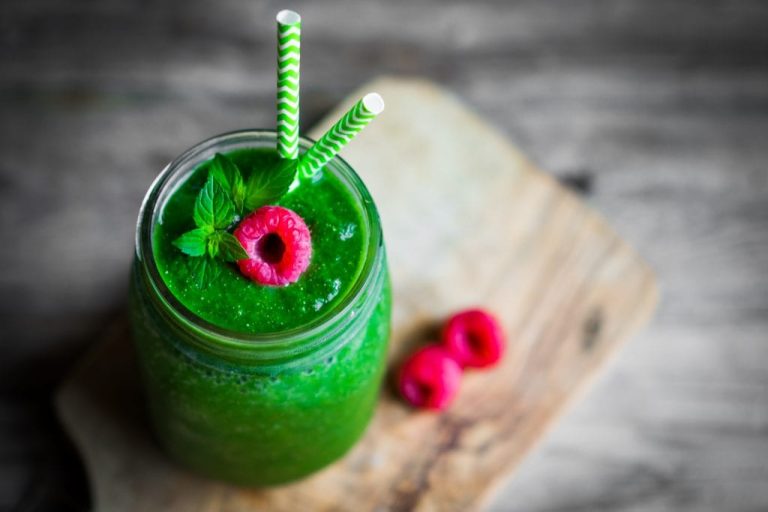
In the pursuit of fitness excellence, the significance of post-workout nutrition cannot be overstated. The period following a workout is a critical window during which the body is primed for recovery and growth.
As we unravel the science behind post-workout nutrition, we gain insights into the intricate processes that take place within our bodies, demystifying the art of optimizing nutrition for success in our fitness endeavors.
The Anabolic Window: A Brief Overview
The concept of the anabolic window refers to the timeframe immediately after exercise when the body is particularly responsive to nutrient intake. During this period, muscle protein synthesis (MPS) is elevated, setting the stage for muscle repair and growth. To demystify post-workout nutrition, we need to understand the key components that contribute to optimal recovery.
Protein: The Cornerstone of Muscle Repair
Protein plays a central role in post-workout nutrition as it provides the essential amino acids required for muscle repair and growth. Whey protein, in particular, has gained prominence due to its rapid absorption, making it an ideal choice during the anabolic window. Essential amino acids, especially leucine, act as triggers for MPS, stimulating the synthesis of new muscle proteins.
The timing of protein intake is crucial. Consuming protein within the first hour after exercise capitalizes on the heightened state of MPS. This ensures that your muscles receive the necessary building blocks precisely when they need them the most.
Carbohydrates: Restoring Glycogen Stores
Intense exercise depletes the body’s glycogen stores, which are crucial for providing energy during workouts. Consuming carbohydrates post-workout helps replenish these stores, ensuring you have an adequate supply for your next training session.
The combination of carbohydrates and protein has a synergistic effect, further enhancing glycogen replenishment and supporting overall recovery.
Fats: A Balanced Approach
While the emphasis is often on protein and carbohydrates, fats also play a role in post-workout nutrition. However, the post-exercise meal should be relatively low in fat to allow for faster digestion and absorption of the essential nutrients. Including small amounts of healthy fats, such as those found in avocados or nuts, can contribute to overall hormonal balance.
Hydration: Replenishing Fluids and Electrolytes
Intense exercise results in fluid loss through sweat, leading to dehydration. Rehydrating with water post-workout is essential for maintaining optimal bodily functions.
Including electrolytes, such as sodium and potassium, in your post-workout routine aids in restoring the balance of these crucial minerals lost during exercise. Proper hydration is vital for preventing fatigue, and cramps, and supporting overall recovery.
Micronutrients: The Unsung Heroes
Beyond macronutrients, micronutrients play a vital role in post-workout nutrition. Antioxidants, vitamins, and minerals contribute to overall health and help combat oxidative stress induced by exercise.
Including a variety of colorful fruits and vegetables in your post-workout meal ensures a broad spectrum of these micronutrients, supporting your body’s recovery and immune function.
Demystifying Protein Synthesis: The Leucine Connection
Leucine, one of the essential amino acids, takes center stage in the process of muscle protein synthesis. This amino acid acts as a potent stimulator, triggering the molecular pathways that lead to the creation of new muscle proteins.
Foods rich in leucine, such as eggs, dairy, and certain meats, become key players in an effective post-workout nutrition plan.
Understanding the role of leucine in MPS allows us to demystify the intricacies of muscle repair and growth. By strategically incorporating leucine-rich sources into our post-workout meals, we can optimize the physiological processes that drive success in our fitness endeavors.
Individualized Nutrition: A Personalized Approach
While general guidelines provide a solid foundation, the effectiveness of post-workout nutrition is also influenced by individual factors. These include body composition, fitness goals, training intensity, and dietary preferences. Adopting an individualized approach allows you to tailor your post-workout nutrition to meet your specific needs and optimize your success.
For those focused on muscle gain, a higher emphasis on protein intake and leucine-rich foods may be beneficial. Individuals pursuing fat loss may prioritize a balanced combination of macronutrients while being mindful of overall caloric intake. Endurance athletes might lean towards carbohydrate-rich options to sustain energy levels during prolonged exercise.
The Role of Whole Foods: A Holistic Approach
While supplements can play a valuable role, they should not replace the importance of whole foods in post-workout nutrition. Whole foods offer a complex array of nutrients, fiber, and phytochemicals that contribute to overall health. Incorporating a variety of whole foods into your post-workout meals ensures a more comprehensive approach to nutrition.
Conclusion:
Demystifying post-workout nutrition involves understanding the science behind the processes that drive success in fitness. By recognizing the importance of protein, carbohydrates, fats, hydration, micronutrients, and the role of leucine in muscle protein synthesis, you can navigate the path to success with clarity and purpose.
The anabolic window is not a mythical concept but a scientifically supported opportunity to optimize recovery. Individualizing your approach based on your unique needs and preferences adds a personalized touch to your post-workout nutrition strategy.
As you embark on this journey, remember that success in fitness is a holistic endeavor, and mastering post-workout nutrition is a key step toward achieving your goals. Armed with knowledge and a strategic approach, you can unlock the science behind success and propel yourself toward new heights in your fitness journey.
Stay in touch to get more news & updates on Buzz!



